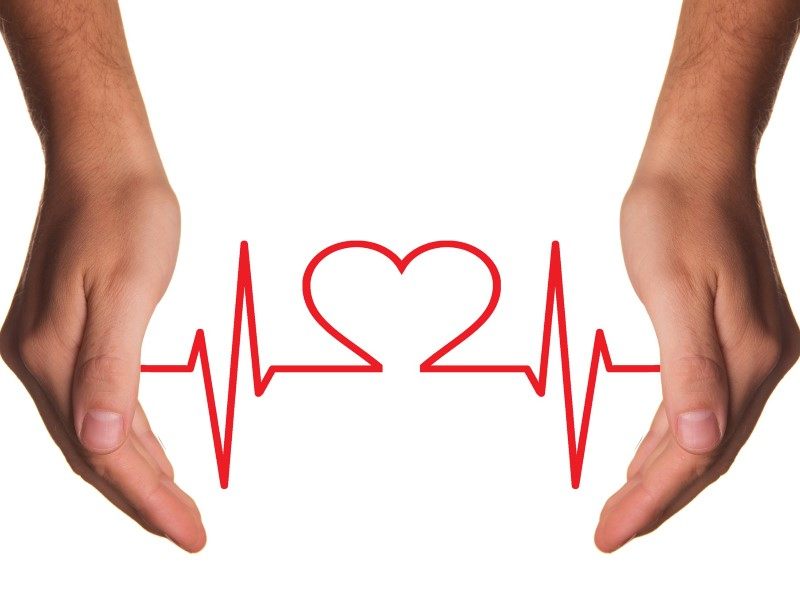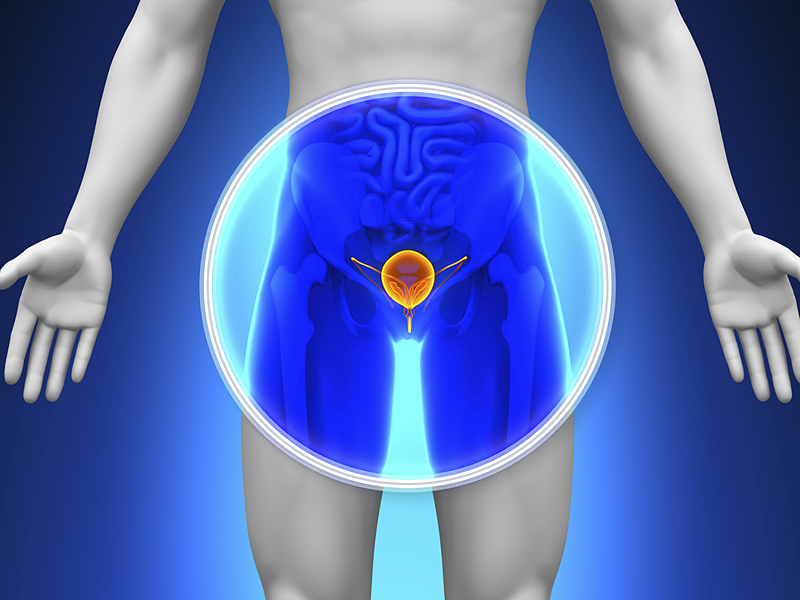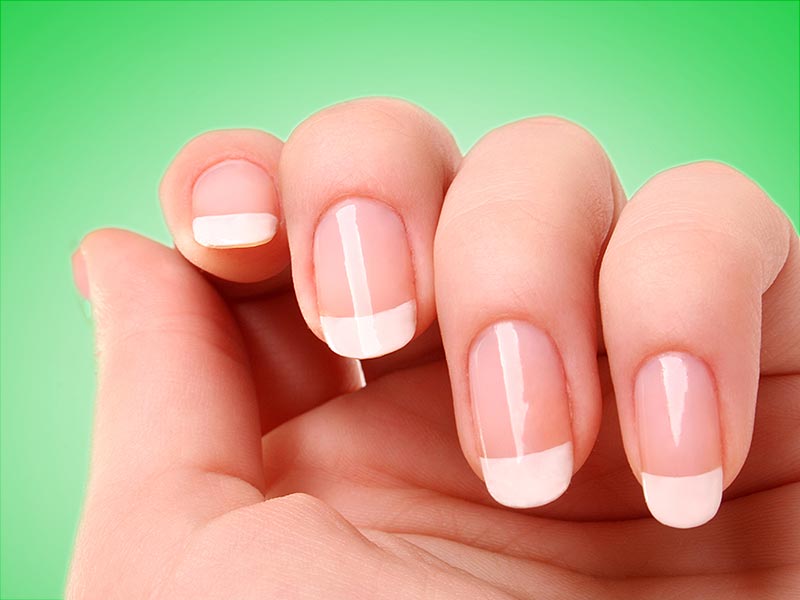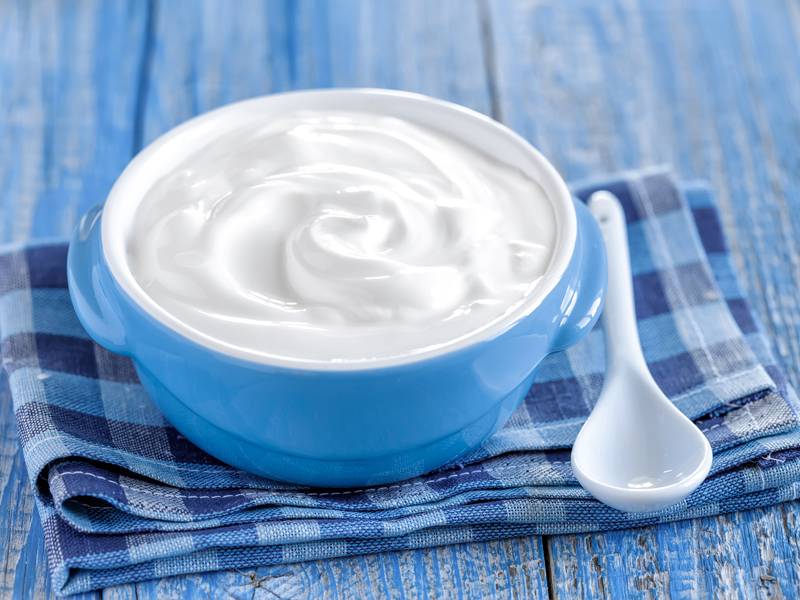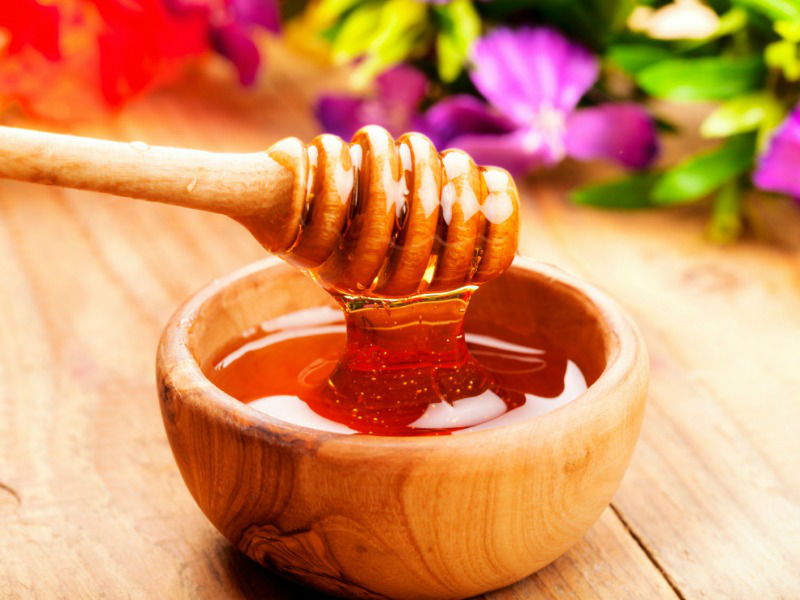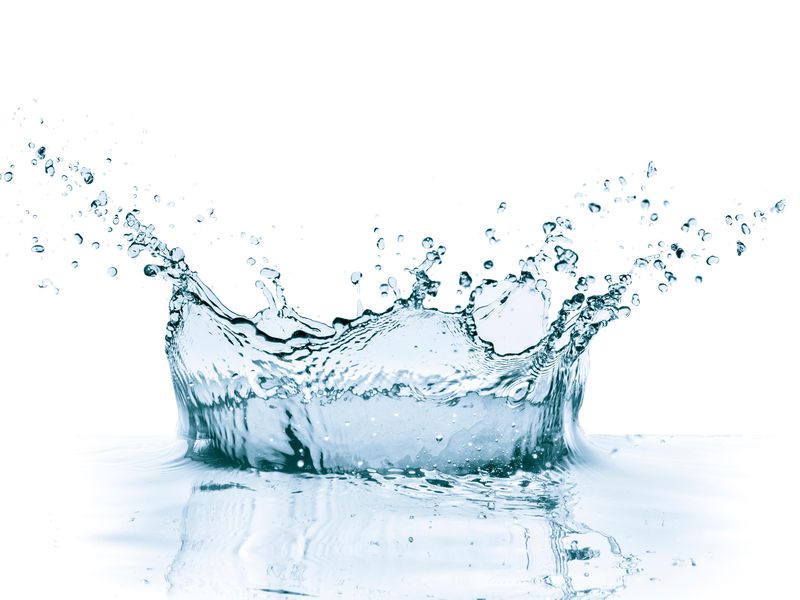Be healthy and lower your “bad” cholesterol levels. Adopting healthy habits, for example, being active and having a balanced diet, can help prevent your cholesterol becoming high in the first place.
It is vital to keep your cholesterol in check because high “bad” cholesterol levels increase your risk of heart issues and stroke. Talk with your doctor about your cholesterol and if the GP has advised you to change your diet to reduce your blood cholesterol, you should eliminate saturated fat and eat more fibre, including a lot of fruit and vegetables.
Here are 5 useful tips and tricks that can help lower your cholesterol within weeks.
1. Set a goal

You know you must get your “bad” cholesterol numbers down, but how low do you have to go? That depends on several factors, such as weight, age and gender, as well as, on your personal and family history of heart diseases.
If you do not already have cardiovascular problems, the goal is to lower your total cholesterol level to less than 5.0mmol/l and LDL “bad” cholesterol to under 3mmol/l.
If you already have cardiovascular disease, your goal is to get your total cholesterol level down to less than 4.0mmol/l and LDL “bad” cholesterol to under 2.0mmol/l.
2. Cut the animal fats

Forgot about the fatty and processed meats such as salami, bologna, pepperoni and hot dogs. Also cut back on the fatty red meats like prime cuts of beef, ribs, pork, lamb or veal. Remember to skip the skin on chicken or turkey. Avoid full-fat dairy products, for example cheese, whole milk, cream, sour cream, butter and cream cheese. All of these foods contain saturated fat associated with higher blood cholesterol and plaque development.
3. Substitute your oils

You don’t have to remove all fats from your diet. Rather, switch to unsaturated fats, which may raise your “good” cholesterol levels and lower your “bad” cholesterol. Instead of mayonnaise or butter on bread, try using olive oil. Canola, peanut and avocado are good options for cooking. Fats that are semisolid or solid at room temperature, such as butter and coconut oil, are referred to as saturated fats. It is recommended to limit consumption of saturated fats to less than 5–6% of your daily diet.
4. Be careful with carbohydrates

Research proves that following a low-carbohydrate eating plan can help you reduce cardiovascular risk factors and lose weight. Choose high fiber carbohydrates, such as beans, oatmeal, lentils, whole grain starches and fruits which will provide the energy you need, but also will keep you feeling full. The trick is to be careful with your portions, aim for no more than about 1 cup of starch and/or fruit with meals. Additionally, fill up on vegetables, which are high in fibers and low in calories.
5. Follow the right rhythm

Go for a moderate level of exercise. When you have safely mastered moderate-intensity physical activity, consider High Intensity Interval Training (HIIT) 1 to 2 times per week. Emerging studies suggest this type of training can help raise HDL “good” cholesterol levels.
